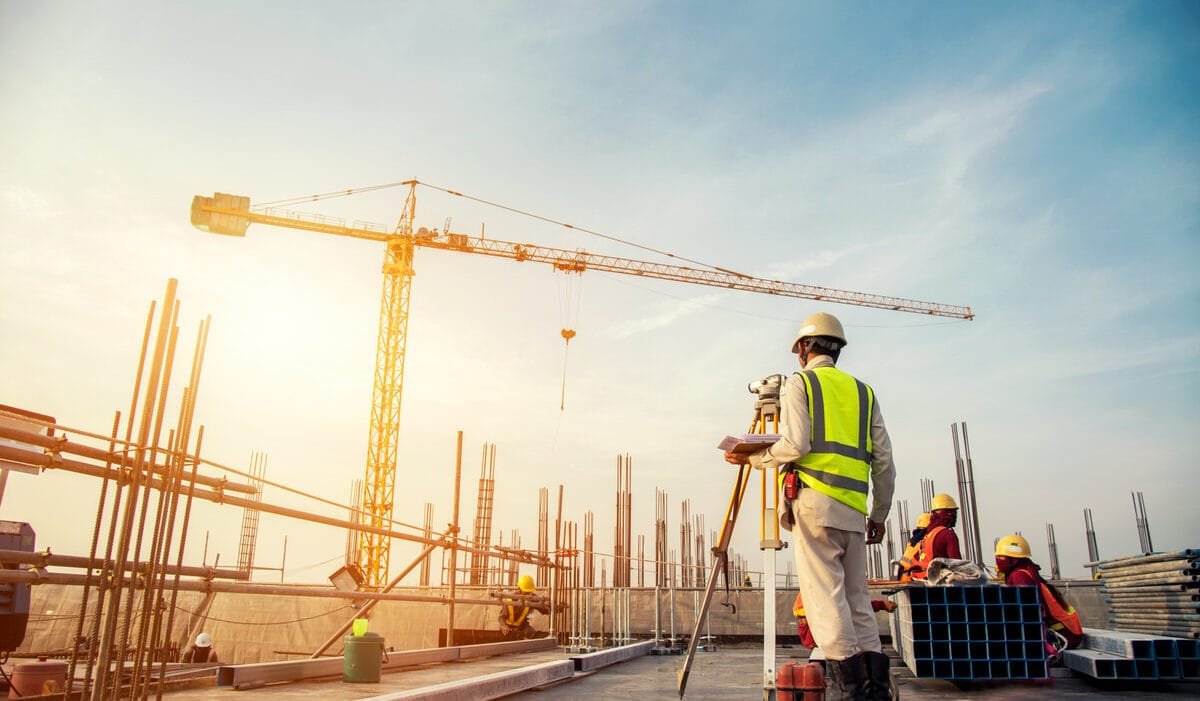Indonesia’s construction sector plays a vital role in the country’s infrastructure development. However, navigating the Construction Regulations Indonesia can be challenging, especially when it comes to compliance. Delays, inefficiencies, and complex permitting processes significantly impact construction timelines. This article provides an overview of the regulatory challenges in Indonesia’s construction sector and their impact on project timelines. Let’s take a look below!
Understanding the Construction Regulations Indonesia

The environment of Construction Regulations Indonesia is notoriously complex. According to the World Bank’s Doing Business 2020 report, Indonesia ranks 73rd out of 190 economies for “Dealing with Construction Permits.” The process involves 18 procedures and takes an average of 191 days to complete. The cost to comply with these regulations is around 8.8% of the warehouse value. This data highlights the procedural hurdles businesses must overcome to initiate projects.
Impact of Compliance Challenges on Project Timelines
One of the most significant issues facing the construction sector in Indonesia is compliance with local building codes. A study conducted by the Indonesian Society of Civil and Structural Engineers in 2021 found that up to 60% of construction delays are directly related to compliance issues. These delays can extend project timelines by an additional 3–6 months, depending on the region. This indicates that the majority of construction delays stem from the need to meet regulatory requirements. As a result, it’s putting additional pressure on project managers to stay within schedule.
Local government regulations further exacerbate these delays. According to the Indonesia Infrastructure Initiative (IndII), unclear Construction Regulations Indonesia at the municipal level can add 12–18% to the project duration. This is largely due to inconsistent enforcement and delays in acquiring permits across various regions. Such bottlenecks make it challenging for contractors to plan and execute projects efficiently.
Regulatory Overhaul and Contractor Sentiment
In an attempt to streamline the process of Construction Regulations Indonesia, Indonesia introduced the Omnibus Law in 2020. The law aimed to simplify the licensing process and address the inefficiencies in the construction sector. According to a 2021 survey by PwC Indonesia, 78% of contractors reported that the new regulations have made the licensing process simpler. However, 45% of respondents expressed concerns about how to interpret the new regulations, particularly at the local level.
While the Omnibus Law marks a step forward in reforming Indonesia’s construction sector, the transition has not been entirely smooth. Contractors are still facing challenges in adapting to the new requirements, which further contributes to delays in project timelines.
Construction Regulations Indonesia and Regulatory Compliance
Safety is another area where the compliance of Construction Regulations Indonesia is crucial. Non-compliance with occupational safety and health regulations contributes to over 30% of on-site accidents in Indonesia, according to the Asian Development Bank. These accidents not only increase project costs but also cause delays, as work is halted to address safety concerns. The emphasis on safety highlights the need for stronger regulatory enforcement to protect workers and ensure projects proceed without interruptions.
Corruption and Its Role in Delays
Corruption also plays a role in delaying construction projects in Indonesia. The Corruption Perceptions Index by Transparency International ranks Indonesia 96th out of 180 countries, indicating a high level of corruption in the country. Many construction companies report encountering corrupt practices during the permitting process. Around 40% of contractors have faced demands for informal payments to expedite approvals. This not only adds to project costs but also causes unnecessary delays as contractors navigate the bureaucratic system.
The regulatory environment in Indonesia’s construction sector is fraught with challenges. From complex permitting processes to safety regulations and corruption, these issues significantly impact project timelines. Delays of 3–6 months are common, and the unclear enforcement of regulations at the local level adds further complications. Although recent reforms like the Omnibus Law have made some improvements, contractors still struggle to comply with the evolving regulations. Moving forward, greater transparency of Construction Regulations Indonesia will be essential to improving project efficiency.

